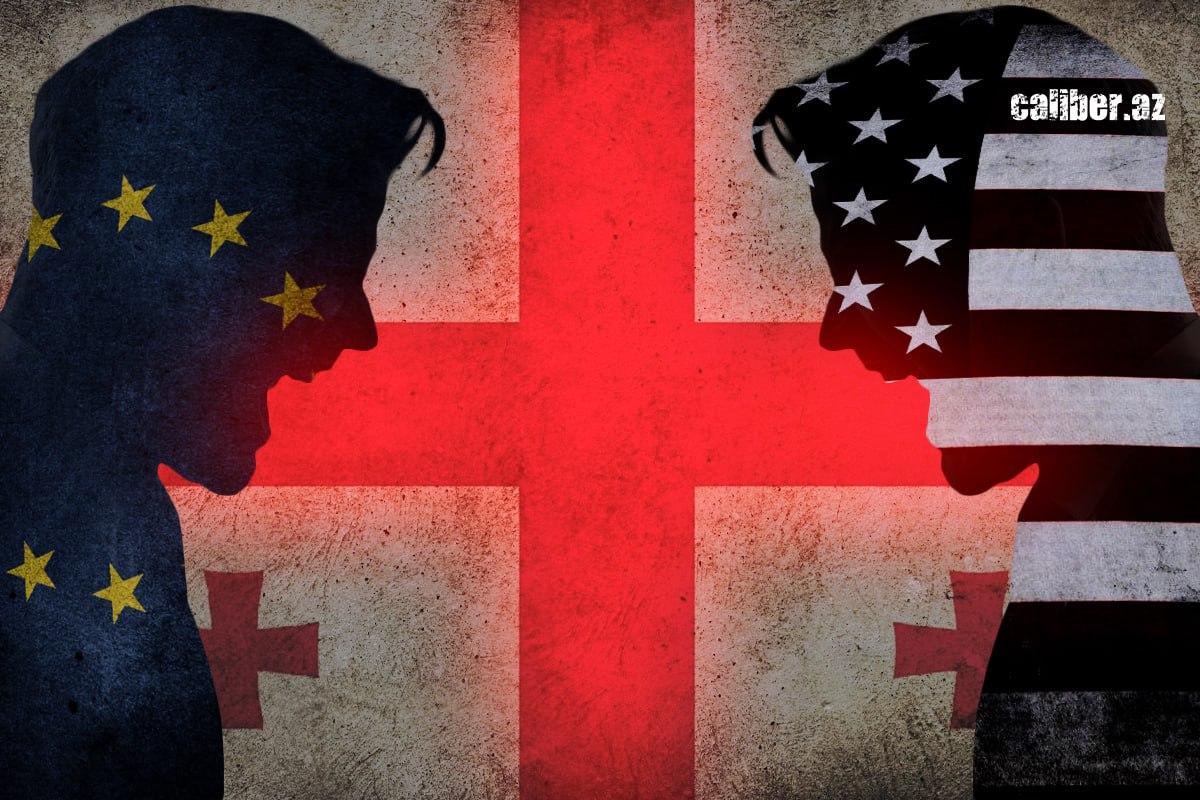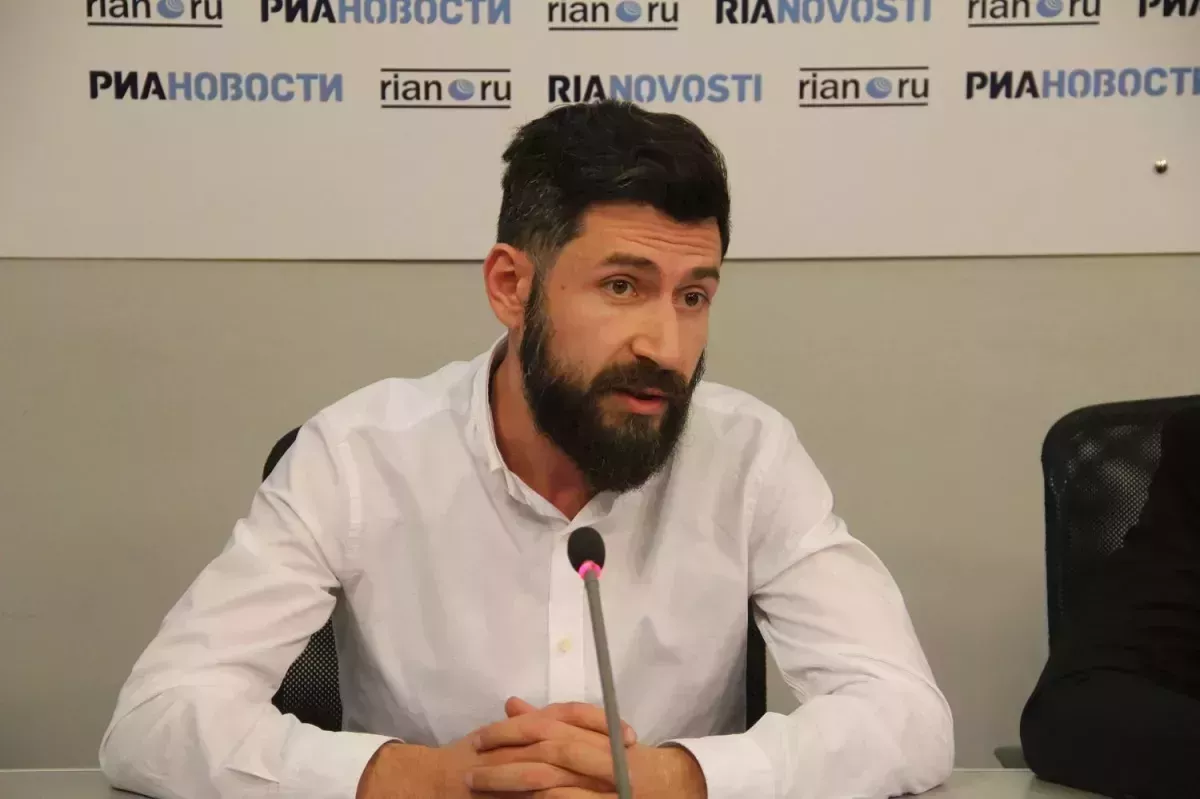PACE's influence wanes in South Caucasus as Azerbaijan, Georgia push back against double standards
The Parliamentary Assembly of the Council of Europe (PACE) is losing its relevance in the South Caucasus, as countries in the region increasingly consider withdrawing from this European body, prioritising their national interests.
In early 2024, Azerbaijan suspended its activities in PACE, protesting the double standards within the organisation. At that time, President Ilham Aliyev, in a meeting with Martin Chungong, Secretary General of the Inter-Parliamentary Union, made it clear that Baku would reassess its participation in both the Council of Europe and the European Court of Human Rights (ECHR) unless the rights of Azerbaijan’s delegation in PACE were reinstated. More recently, Georgia followed Azerbaijan’s lead, taking similar action in response to a provocative PACE resolution calling for sanctions against the Georgian government.
The resolution calls for the initiation of early parliamentary elections in Georgia, supervised by PACE, as well as the release of so-called "political prisoners." Tbilisi’s response to PACE's démarche has been resolute. In particular, the Speaker of the Georgian Parliament, Shalva Papuashvili, asserted that "Georgia expects PACE to return to its core values, which are based on respect for democracy and sovereignty." Additionally, Georgia's Prime Minister, Irakli Kobakhidze, speaking on the Imedi TV channel, underscored that, under the current circumstances, participation in the Parliamentary Assembly of the Council of Europe is meaningless. He further stated that the Georgian delegation will only resume its participation when there is a shift in the approach towards the Georgian people and the country.
The decision by the Georgian authorities clearly demonstrates that Tbilisi rejects any attempts by PACE to meddle in the internal affairs of a sovereign nation. It also serves as Georgia’s protest against the double standards it has encountered from Europe in recent years. PACE's biased approach toward Georgia is, in fact, a logical extension of the West’s broader policy in the Caucasus, particularly in light of the recent cooling of relations between Washington, Brussels, and Tbilisi.

It is important to recall that after Tbilisi passed the controversial foreign agent law last year, the European Union suspended Georgia's EU integration process, and the United States halted financial aid to the country. In essence, the West has made it clear that Georgia’s European future is only viable under conditions dictated by Brussels and Paris. However, the key question remains: does Georgia need such a perspective? The answer is unequivocally clear.
The response of the Georgian government to recent political developments demonstrates that the country highly values its sovereignty and independence. It is determined to chart its own future without external interference.
In addition to Georgia and Azerbaijan, PACE also has rather tense relations with Türkiye, which have been exacerbated by Islamophobia and the same double standards of Europe. One such example occurred in April 2017, when the majority of PACE members voted to adopt a resolution that called for Türkiye to be placed under monitoring. The report at the time, The Functioning of Democratic Institutions in Turkey, along with its attached resolution, contained unwarranted criticism of Türkiye regarding decisions and measures taken under the state of emergency declared after the failed coup attempt on July 15, 2016. The authors of the report claimed that the functioning of democratic institutions in Türkiye was impaired, after which a series of recommendations were made to Ankara. Conditions were imposed, stipulating that Turkey must fulfil all the organization's recommendations in order to continue cooperation with PACE. In response, Türkiye's Ministry of Foreign Affairs condemned PACE's decision, calling it politicized and unjust.
Thus, it is evident that PACE, which promotes discrimination, religious hatred, and double standards, has turned into an international platform for attacks on countries that pursue independent policies. Therefore, membership in PACE or withdrawal from this organization essentially holds no fundamental significance for Georgia, Azerbaijan, or, even more so, Türkiye. If Georgia and Azerbaijan decide to leave the organization, it is PACE that will ultimately suffer. Firstly, because this would expose significant flaws in the organization’s operations, and secondly, it would deliver a reputational blow to the regional policy of this European institution.

As a Georgian political analyst, an expert at the Financial University of Russia, and Director of the Center for Islamic Studies of the Caucasus Shota Apkhaidze stated in an interview with Caliber.Az, PACE's démarche against Georgia demonstrated that the Council of Europe is not an independent organization in international relations capable of making objective decisions.
"PACE is a structure that represents the position of Euro-Atlanticists, motivated by subjective considerations regarding the Georgian delegation. On the other hand, Georgia’s participation in PACE is symbolic, even though Tbilisi follows a pro-Western development model. PACE has made loud demands regarding the release of political prisoners, although the reality is that most of these individuals are ordinary offenders arrested for specific actions. It is clear that PACE demonstrates a biased attitude toward Georgia, reflecting Europe’s double standards.
However, as we all know, PACE holds the same unobjective stance regarding Azerbaijan. It is also evident that the confrontation from PACE shows that Europe is distancing itself from Georgia, which to some extent calls into question the country’s European prospects," said Apkhaidze.








